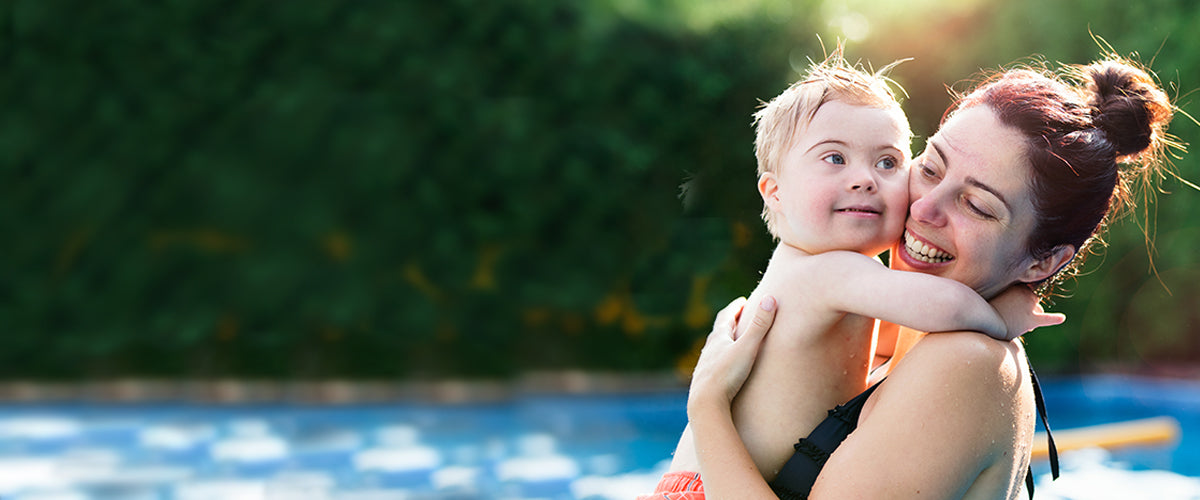Everyone knows swimming is good for you, but it’s no fun at all if it hurts.
One of the most poignant letters we’ve ever received at Balmonds was from a little girl with eczema, who’d never been able to join her classmates swimming, because the chlorine stung so much.
It was very moving to hear that applying Skin Salvation meant she could jump right into the school pool, without triggering the awful itchy rashes she’d been used to!
Since then, we’ve been passionate about helping others - including members of the British swimming squad! - to swim safely and happily, even if their skin is sensitive to chlorine.
What is chlorine rash?
Chlorine rash is not an allergy but a sensitivity to the strong chemical used in swimming pools to restrict the growth of harmful bacteria; the rash some people experience after swimming is a kind of "irritant dermatitis".
And if you already suffer from eczema or psoriasis, chlorine can aggravate the condition, drying out the skin and triggering a flare-up.
What does it look like?
- redness
- inflammation
- itchiness
- lesions or rashes
- raised hives or bumps
- scales or extreme dryness
What can I do to protect my skin against chlorine rash?
It might not be a surprise for us to say this, but Skin Salvation is perfect for protecting your skin against chlorine! It forms a fine protective layer over exposed skin as well as strengthening the skin barrier longterm, making skin more resilient and less likely to be affected by the chemical.
Chlorine protection routine
- Wash well before getting into the pool; damp skin and hair don’t absorb so much chlorine as dry.
- Apply a fine layer of Skin Salvation barrier balm or Balmonds Bath & Body Oil all over your body.
- Wear a swim cap and goggles to minimise exposure to eyes and scalp.
- Wash off pool water very thoroughly afterwards.
- Apply more Skin Salvation or Balmonds Bath & Body Oil straight after showering (within three minutes), to towel-dried but still slightly damp skin.
And if you’re struggling with swimming in chlorinated pools and you’re lucky enough to live on the coast, why not try sea swimming? Click here to read a lovely interview with Balmond’s customer Maria Marziaoli about how she uses year-round sea swimming to manage her eczema.
